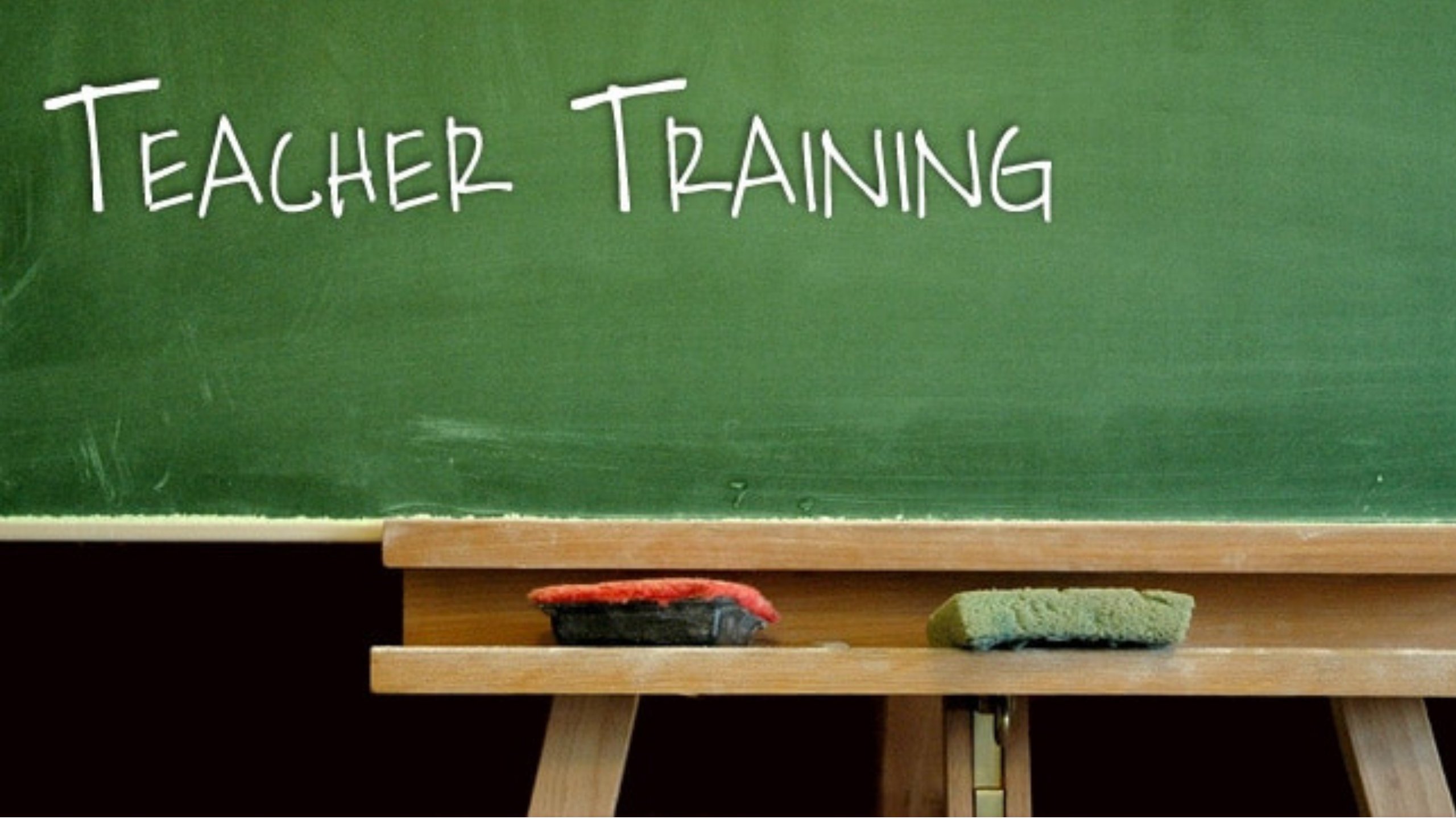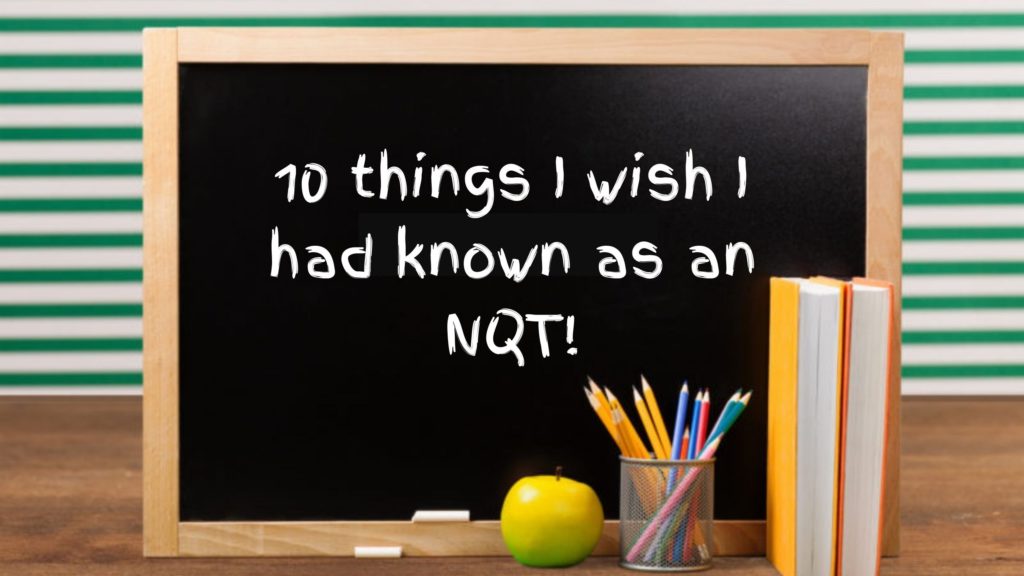10 tips for getting your first NQT role

The start of the Summer term is feverish in any school. SATS, GCSE and A levels are looming and most head teachers and senior leaders are also watching anxiously as May 31st approaches as to which teacher will be resigning.
Staffroom gossip is full of who is going to take which class for the next academic year and who is leaving.
May 31st is the final resignation date for the year teachers which means school leaders will need to look for teachers to start in September. Many will be recruiting NQTs and hoping to mould them into quality first teachers.
If you are a teacher trainee, September seems like it was just yesterday when you started your PGCE or training to get your QTS. How time flies! It is almost unbelievable that in 6 months, many teacher trainees will be fully qualified and ready to start their NQT year as well as take their own class.

As a teacher trainee, you are probably looking forward (albeit slightly apprehensively) to your final Summer term practice. Some of you may already have NQT jobs and some of you may have not even started looking for a job. If you haven’t, don’t panic but start doing some prep as you do want to have a job in September.
In the meantime, you are having to finish assignments, collate evidence for those umpteen teaching standards as well as look around for the right NQT role for you. It can be overwhelming and the most important thing is to prioritize carefully so that you can get on with your final teaching practice so that you are September ready.
With too many teachers leaving the profession, nurturing and securing NQTs is key for any school or organisation as they are the future of teaching. In order to succeed, and succeed well, all teacher trainees need to be September ready and be working in a school that is the” right fit”.
Here are a few tips to help you on your journey to being a teacher:
1. Prepare for your teaching practice
Do your research and have your plans and resources ready so that you can start teaching. You will soon be teaching a whole class of 30 all day or if you are a secondary school trainee, numerous classes.
Have a weekly planning folder where you can put your resources etc. It is good to have a digital back up but a paper one helps as you can easily photocopy resources or annotate plans more easily. Try to have your planning and resources done by Thursday so that the weekend can be used to look over lesson plans. Write daily evaluations if you can as this helps develop reflective practice.
2. Use your mentor
Mentors who train teachers are the luck of the draw. Some are fantastic and some see the poor trainee teacher as someone who is there to give them extra release time. The true outstanding practitioner is not only great in class but someone who can shape and develop a trainee teacher. Using your evaluations, try to identify your strengths and areas of development and share them with your mentor.
You should have weekly mentor meetings and try to be as honest and transparent as you can. A good and better mentor will champion you and ensure you are getting the right CPD to succeed. They will be writing your teaching practice report and hopefully be your referee- so develop a relationship that is good for you and them.
3. Create a CV and statement
Get your CV done asap. Recruitment agencies use them and will already be in talks with schools about promising candidates. Most schools have application forms and ask for a statement.
When applying, personalise the statement to the school as all schools want the right person working for them. Arrange a visit to the school beforehand so you make the right choice for you too.

4. Have a professional portfolio
Have a folder with pictures of displays you have done, good and better lesson observations, sample lesson plans that have worked that you have done independently and samples of work that show children have made progress.
Ask your mentor for comments or record children’s comments on your lessons. Schools are interested in someone who can do the job – not someone who just talks.
5. Sign up to recruitment agencies and look at online recruitment websites
Schools will be in direct contact with recruitment agencies as well as advertising themselves. This is probably the busiest term. A good agent knows their school and has connections. Don’t play recruitment agencies off – it is a small world. Talk to them about your needs and wants.
If you are relocating, take time to visit the local area and where you may live. On paper, everything looks easy but practicalities are different.
6. Keep lesson observations that have worked
Look carefully at your lesson observations. Identify ones that have been successful and why. On your teaching practice – yes you do have to do lots and lots of lesson plans. Don’t worry, it is minimized when you qualify in September.
Keep the ones that worked and they can be used again for interviews if you are asked to teach a lesson of your choice. (Of course, you will have to adapt them to the needs of the class).

7. Prepare the teaching standards and absorb and learn as much as possible
It is crucial you start organizing this. Make time one weekend or over the Summer half term. Print off each of the teaching standards on to labels and place on punched pockets. You can start slipping in the evidence.
You will have more than 3 but closer to the time, you can choose the best and start uploading them on to the platforms.
8. Watch the master teachers at work
Make time to do this! These are experienced teachers who really know their onions. They might not be leaders or who have a title but when you see them teach children and young people – magic explodes! watch how children learn and how the master teachers turn a lesson that may be difficult around.
Ask them how they balance their life and still be an outstanding practitioner. They will share with you the tricks and tips of the trade.
9. Keep up to date with education updates
Read up on all the current information. Education is an ever-changing climate that not only impacts you but your future pupils. Being aware means you can support them and yourself effectively.
Also, in interviews, candidates are asked about their thoughts on public and social policies on education.

10. Know the safeguarding requirements inside out and upside down
Never underestimate how important this is. All interviews have a question on safeguarding and the teaching standards are full of it. Learn the different systems of safeguarding in your teaching practice school. Never be alone with a child or inappropriate and never touch them. If children are challenging, ask for your mentor to step in. You are after all a trainee teacher. It isn’t September yet!
Finally, it goes without saying, look after yourself and well-being. The education system needs teachers who are prepared to be in for the long haul. Avoid late nights and eat lunch and mix in the staffroom. Laugh and have fun with your teaching practice class. The final practice is the hardest but by being organized, balanced and prioritising …you do survive and learn to be September ready!








Responses